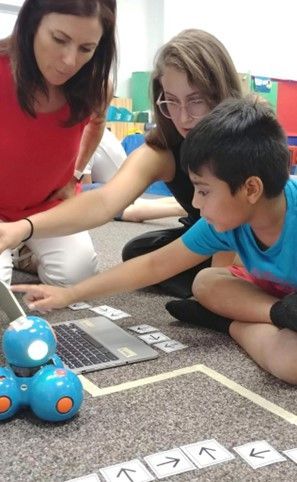September 19, 2024
It is important to acknowledge the role of evidence-based medical treatments, particularly Applied Behavior Analysis (ABA) therapy, in supporting children with Autism Spectrum Disorder (ASD). ABA therapy, endorsed by the U.S. Surgeon General and the American Psychological Association, is widely recognized as a foundational intervention for individuals with ASD. ASD is a complex neurobiological and developmental disorder characterized by core challenges in communication, social interactions, and repetitive behaviors. ABA therapy is the only therapy for autism that is scientifically validated to address these challenges by applying principles from the science of learning and behavior. ABA therapy employs techniques to address behavioral issues such as physical aggression, property destruction, and self-stimulatory behaviors, while simultaneously promoting skills such as expressive language, social interaction, and self-help. By identifying and targeting the underlying causes of behaviors, ABA therapy aims to improve functional outcomes and eliminate environmental barriers to learning. The effectiveness of ABA therapy relies on consistency, similar to the necessity of adhering to a prescribed medication regimen for other medical conditions. Consistent application of ABA interventions can lead to more significant and timely improvements for individuals with ASD. Furthermore, ABA therapy is recognized not only by the medical community but also by Medicaid plans, which mandate its coverage as a medically necessary treatment. Senate Bill No. 415 (April 18, 2012) reinforces ABA as a crucial therapy for ASD, ensuring that it is covered by both private health insurance and Medicaid plans.






















